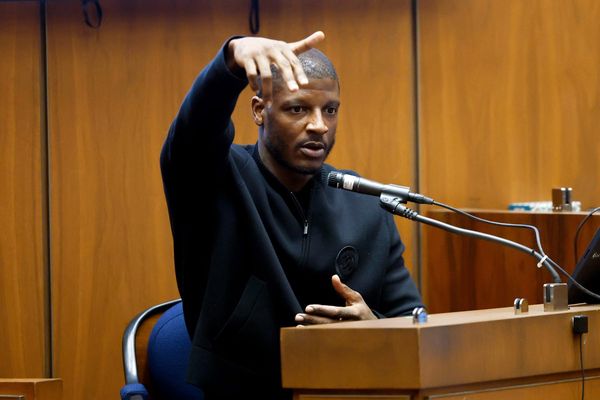
Parents and teachers need to be aware that many boys are very defensive when it comes to the topic of Andrew Tate (Parents, talk to your sons about Andrew Tate – we teachers can’t take him on alone, 14 February). As a 17-year-old, I can see that my peers who support him often feel attacked if a teacher tries to engage them in a conversation about him.
Many boys see him as an icon. His ideas, while toxic, are seductive in their simplicity. He provides answers to insecure teenagers by telling his audience that if a man works hard and disregards the women in his life, he can become successful. If this worldview is challenged, boys may feel personally attacked. I have seen that many teachers who try to engage Tate supporters in conversation often make their students become more entrenched in their views, and it can seem to validate his references to the “matrix”.
While open conversation is the best way forward, teachers and parents need to have frequent discussions with their sons or students on related topics (such as consent, as stated in the article) before they talk directly about Tate. I have noticed that teachers like to jump straight to the topic after overhearing conversations in corridors. Parents can often do the same at home. This reactive approach means the topic is covered too quickly and too soon. Teachers and parents need to build towards the conversation on Tate incrementally to ease teenagers into feeling able to express themselves. Parents and teachers cannot just say “this is a safe space”, they need to prove that this is true.
Isaac Ohringer
London
• Andrew Tate had not come up in conversation at home, but I took the opportunity to ask my teenage son about him. I find it helps when things come up in the news as I can frame topics causing defensiveness. He was aware of Tate, but wasn’t particularly interested in him, nor did he follow him on social media. His school had held an assembly and other events to address the issues raised by Tate. Apparently, they had talked about the importance of positive male role models. We talked further about what a role model is, and who that might be in his life. So thank you for the prompt.
Laura Albero
Kilgetty, Pembrokeshire• Have an opinion on anything you’ve read in the Guardian today? Please email us your letter and it will be considered for publication in our letters section.







